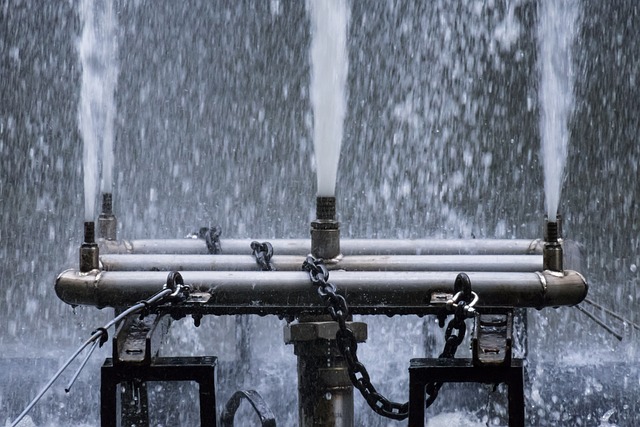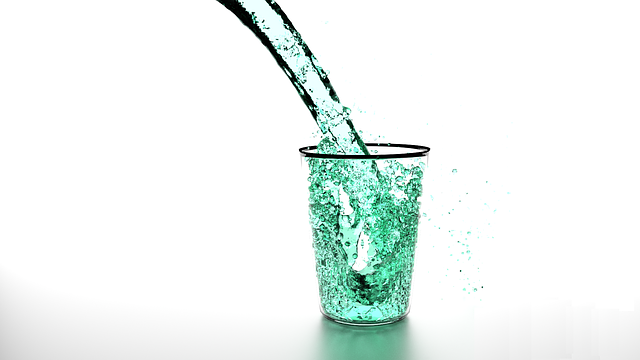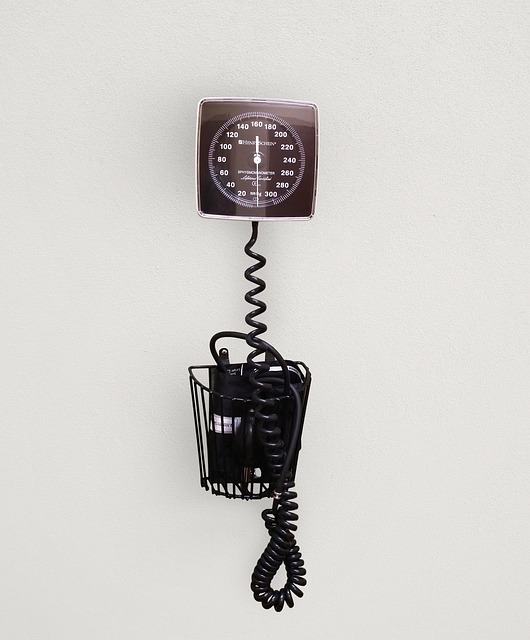Water filters require regular cleaning or replacement (every 3-6 months) to maintain optimal performance and prevent issues like low water pressure, plumbing leaks, and sediment buildup. Unmaintained filters cause clogging, straining components like pressure regulators and booster pumps, leading to costly repairs. Regular filter maintenance, including backwashing cycles and checking the pressure regulator, ensures proper water quality, enhances plumbing efficiency, and prevents problems with faucet aerators due to mineral deposits.
Maintaining clean water filters is essential for ensuring optimal hydration quality and avoiding potential health risks. Over time, filters can become clogged with sediment buildup, leading to reduced water flow and low pressure—even causing plumbing leaks. Regular cleaning or replacement, especially of pressure regulators and faucet aerators, is crucial. Neglecting these tasks may result in costly repairs and subpar performance. This guide explores common issues and provides a step-by-step process to maintain your water filters effectively, preventing booster pump problems and ensuring a steady stream of clean water.
- Understanding Water Filters: When to Clean or Replace
- Common Issues Caused by Unmaintained Filters
- Steps to Clean and Maintain Your Water Filters Effectively
Understanding Water Filters: When to Clean or Replace

Water filters play a crucial role in maintaining clean and safe drinking water at home. Understanding when to clean or replace them is essential for optimal performance and minimizing potential issues like low water pressure, plumbing leaks, and sediment buildup. Regularly checking your filter’s condition is key.
Most filters require cleaning or replacement every 3 to 6 months, depending on usage and the quality of incoming water. If you notice a decrease in water pressure, particularly when using faucets with aerators or a booster pump, it might be an indicator that the filter needs attention. Similarly, if your pressure regulator is frequently adjusting to maintain pressure, it could suggest the presence of sediment buildup, necessitating a filter replacement.
Common Issues Caused by Unmaintained Filters

Unmaintained or dirty water filters can lead to a range of common issues that affect both the quality and quantity of your home’s water supply. One of the most noticeable problems is a significant drop in water pressure, which can be attributed to sediment buildup within the filter. Over time, these sediments clog the filter media, restricting water flow and reducing pressure at the faucet. This not only makes everyday tasks like brushing your teeth or washing dishes more challenging but can also lead to plumbing leaks if left unaddressed.
Additionally, a lack of filter maintenance may strain other components in your plumbing system, such as pressure regulators and booster pumps. These devices are responsible for maintaining consistent water pressure throughout your home, and when filters are dirty, they have to work overtime to compensate. This increased stress on these components can lead to premature wear and failure, resulting in costly repairs or replacements. Meanwhile, faucet aerators—small devices that mix air with water—can also be affected by sediment buildup, leading to reduced flow rates and potentially causing water wastage.
Steps to Clean and Maintain Your Water Filters Effectively

To maintain optimal water quality and prevent issues like low water pressure or plumbing leaks, regular cleaning and maintenance of your water filters are essential. Start by identifying the type of filter you have – carbon, sediment, or reverse osmosis. Follow manufacturer guidelines for specific cleaning instructions. For many types, a simple backwashing cycle can remove accumulated sediment buildup. Regularly check your pressure regulator to ensure it’s functioning correctly, as issues here can manifest as low water pressure downstream.
If you notice persistent problems or suspect severe sediment buildup, consider replacing the filter entirely. Don’t forget to inspect and replace faucet aerators, which can accumulate mineral deposits over time, reducing water flow. In cases of extreme buildup or a booster pump, professional intervention may be necessary. Regular maintenance not only improves water pressure but also ensures your plumbing system operates efficiently, saving you from costly repairs down the line.
